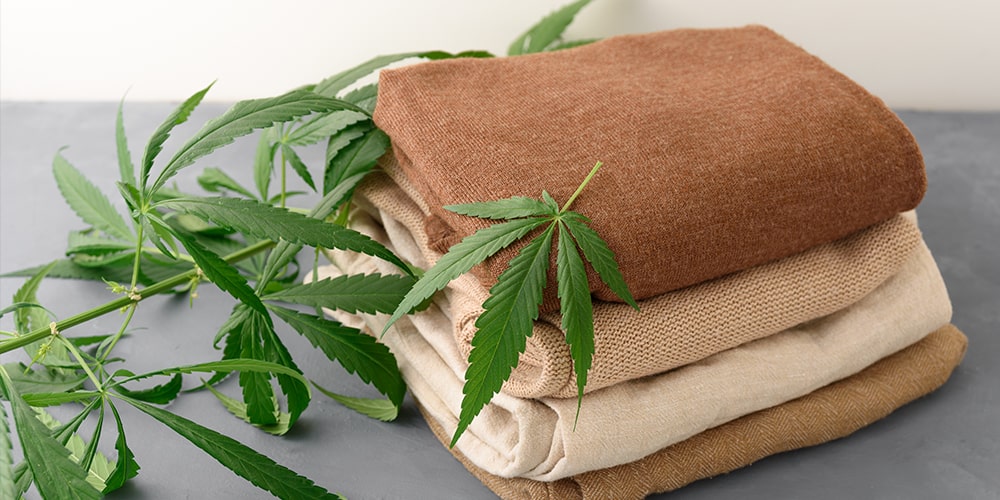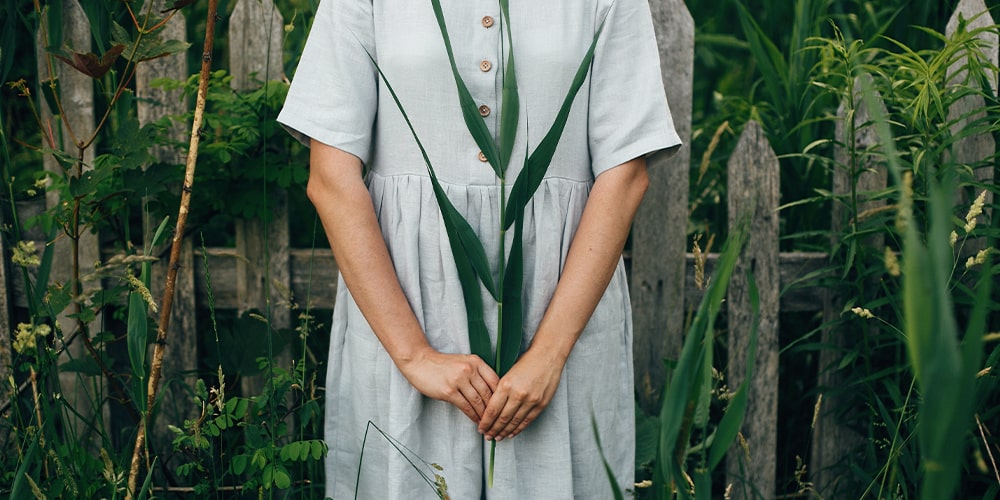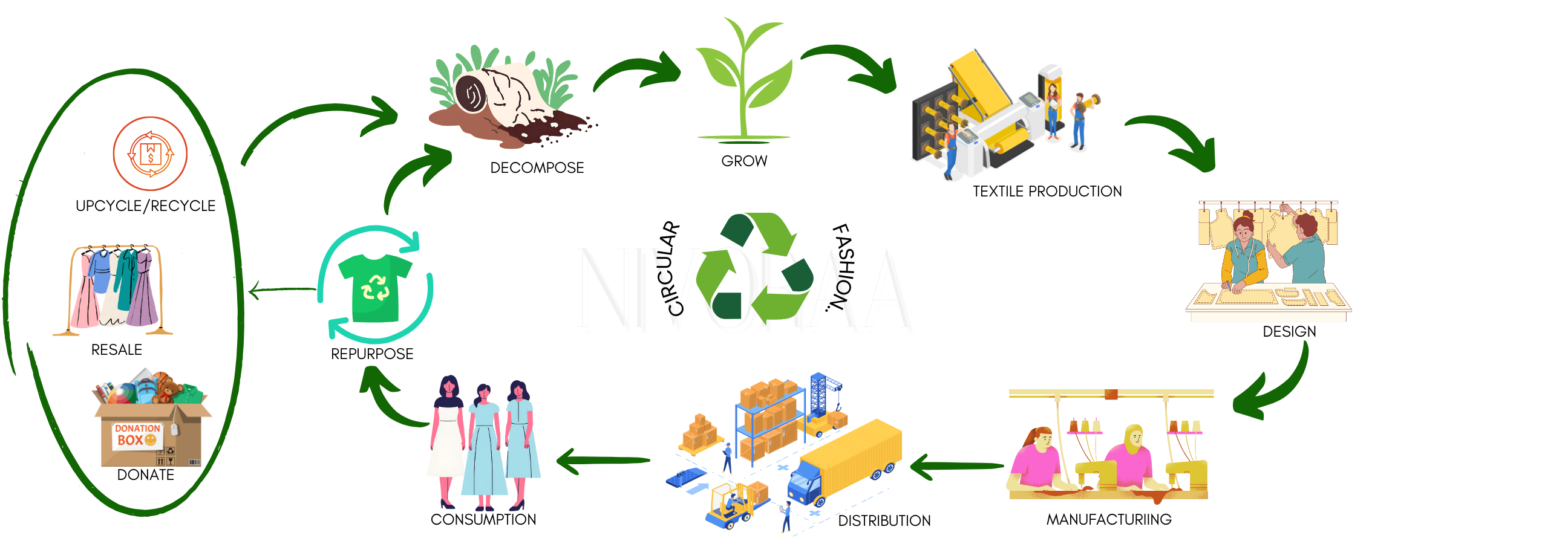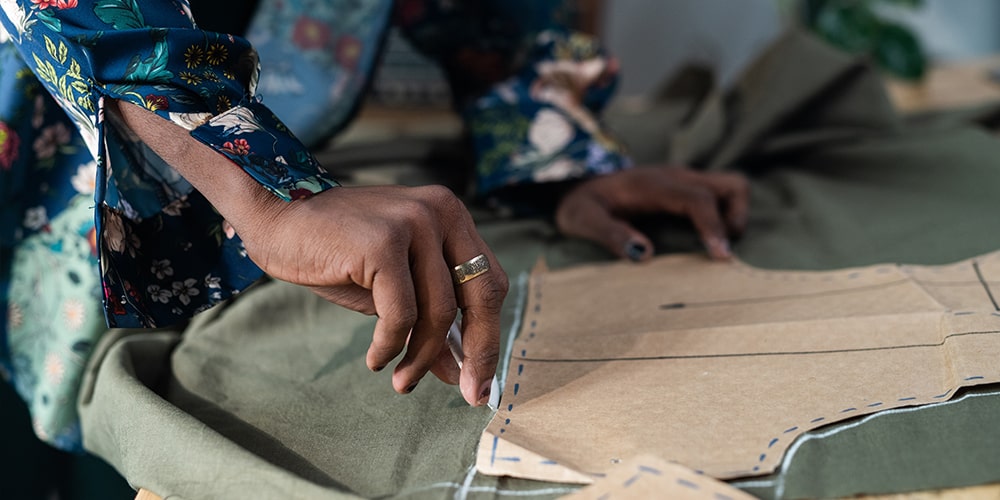
Rediscovering Hemp: Reviving Traditional Indian Textiles
In the vibrant tapestry of India's textile heritage, hemp stands as a thread woven deep into the fabric of tradition. For centuries, this versatile and sustainable material has played a significant role in indigenous textiles, revered for its strength, durability, and eco-friendliness. As the world reawakens to the importance of sustainable fashion, there's a growing interest in rediscovering hemp's potential as a cornerstone of ethical and environmentally conscious textiles. In this blog post, we'll delve into the rich history of traditional Indian textiles and explore hemp's resurgence as a sustainable fabric, with a focus on how Nivoraa is leading the way with its commitment to 100% organic hemp fabric.
The Legacy of Traditional Indian Textiles:
India's textile heritage is as diverse and intricate as the country itself, with a rich tapestry of weaving traditions spanning millennia. From the intricately woven silk sarees of Varanasi to the vibrant block-printed textiles of Jaipur, each region boasts its own unique textile techniques, patterns, and motifs passed down through generations. Among these time-honoured traditions, hemp has long held a special place, prized for its versatility and sustainability.
Hemp: A Sustainable Fabric with Ancient Roots:
Hemp has been cultivated in India for thousands of years, with evidence of its use dating back to ancient times. Historically, hemp fibres were prized for their strength and durability, making them ideal for a wide range of textile applications, including clothing, ropes, and sails. Moreover, hemp cultivation requires minimal water and pesticides, making it a more sustainable alternative to conventional crops like cotton.
However, despite its historical significance, hemp fell out of favour in the 20th century due to misconceptions and stringent regulations surrounding its association with cannabis. As a result, traditional hemp cultivation and textile production in India dwindled, giving way to less sustainable alternatives.
Rediscovering Hemp's Potential:
In recent years, there has been a renewed interest in hemp as a sustainable alternative to conventional textiles. As consumers become increasingly aware of the environmental and social impacts of their fashion choices, there's a growing demand for fabrics that are both eco-friendly and ethically produced. Hemp, with its minimal environmental footprint and long history of use in traditional Indian textiles, has emerged as a frontrunner in the quest for sustainable fashion.
Nivoraa's Commitment to Organic Hemp Fabric:
Nivoraa is among the few brands in the world and in India dedicated to crafting sustainable and ethically made garments using 100% organic hemp fabric. By sourcing hemp from certified organic farms and utilizing eco-friendly production methods, Nivoraa ensures that its fabrics are not only environmentally sustainable but also free from harmful chemicals and pesticides. With a focus on quality, craftsmanship, and timeless design, Nivoraa's garments embody the rich heritage of traditional Indian textiles while embracing the principles of sustainability for the modern era.
As we look to the future of fashion, it's essential to draw inspiration from the past while embracing innovative and sustainable solutions. Hemp, with its ancient roots in traditional Indian textiles, offers a compelling case for the revival of sustainable fabric production. Through brands like Nivoraa, we can rediscover hemp's potential as a cornerstone of ethical and environmentally conscious fashion, honouring India's textile heritage while paving the way towards a more sustainable and equitable future for the fashion industry.





